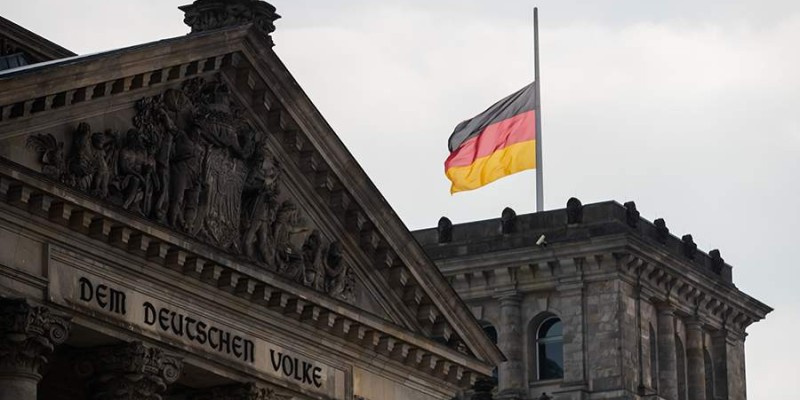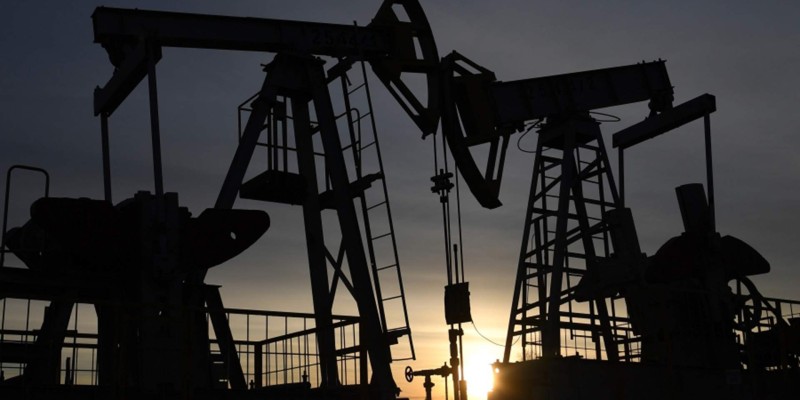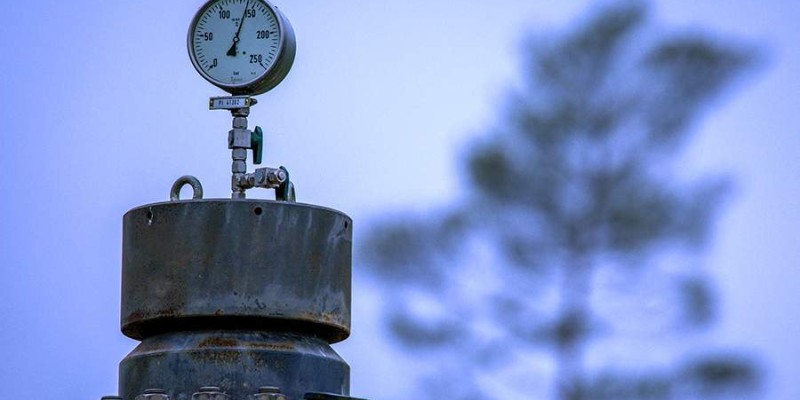SCO & BRICS latest news and insights
By Rhod Mackenzie
Germany is facing the exodus of German companies to the United States and China amid rising gas prices in Europe, the Bundestag's budget committee told Izvestia. MP Wolfgang Wiele stresses that the chemical industry has suffered the most: in two years, Germany has lost about a qu...
By Rhod Mackenzie
From 2026, the transit of Russian gas to Uzbekistan through Kazakhstan can be increased fourfold, to 11 billion cubic meters. Currently, Central Asia is the only new direction for Gazprom (MOEX: GAZP) after the collapse of supplies to Europe in the last two years. In 2023, the co...
In 2024, Germany hopes to persuade Kazakhstan to increase pipeline oil supplies through Russia to German refineries to 2 million tons this year, which is 1.7 times more than the current contract. However, the price of the supplies will be a determining factor, as Astana will need to reduce volumes...
By Rhod Mackenzie
Gas prices in Europe have fallen to pre-crisis levels despite it still being the winter. However, this news is overshadowed by the fact that gas consumption in Europe has dropped to its lowest level since 1995. It is unlikely that Europe will ever return to its pre-crisis peak de...
By Rhod Mackenzie
The economic weight of the European Union and the euro area in the world has been declining for the last three decades. Events since 2019 have intensified this trend, and the sanctions against Russia, which have boomeranged on Europe itself, are making the trend downwards totally...
According to a Russian Chamber of Commerce and Industry report new car brands, including those from Iran and India, may soon enter the Russian market. African producers have also expressed interest, but China remains the dominant player. This article questions whether these new brands can compete wi...






